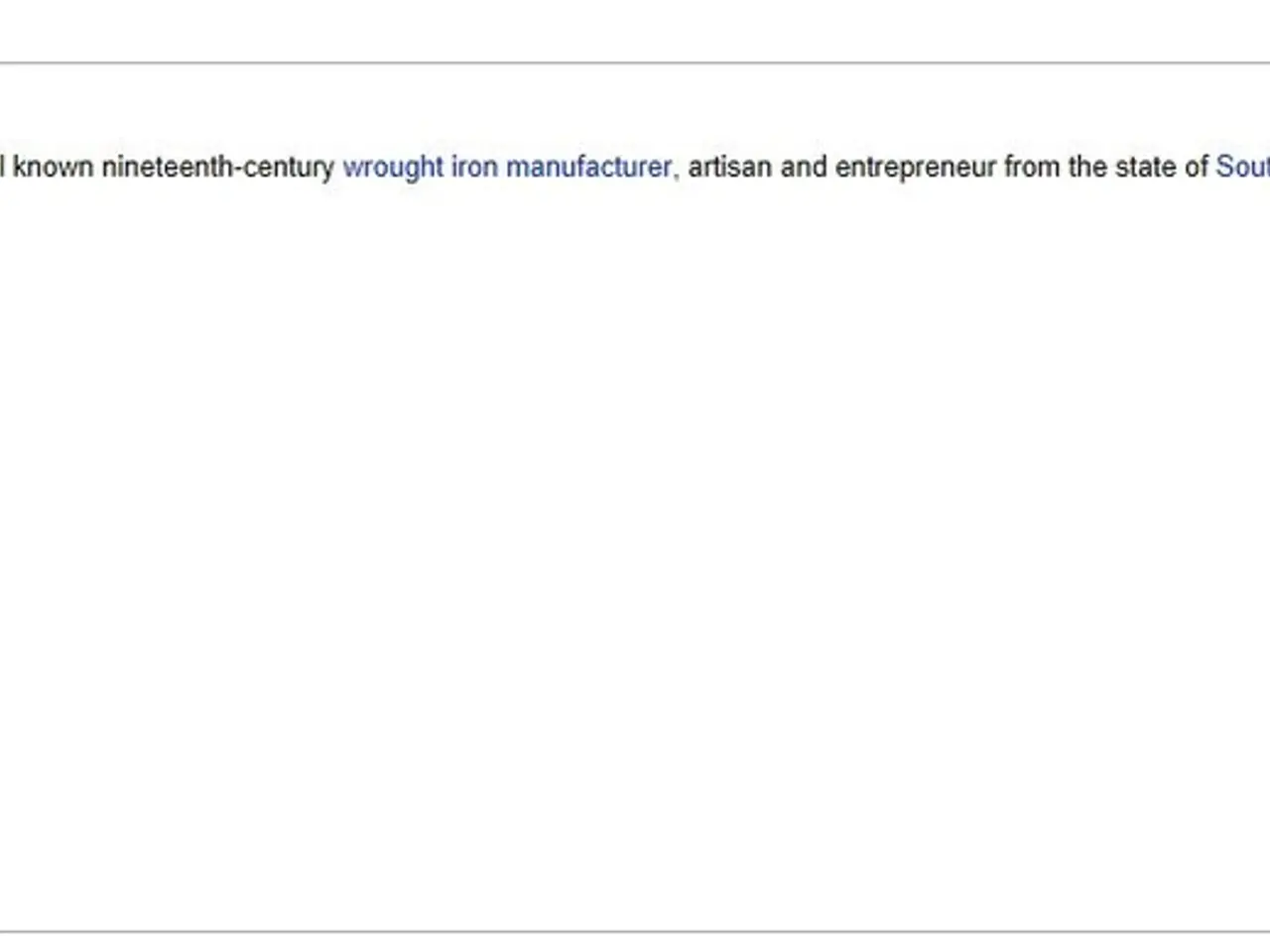Army Grants Approval for Military Upgrades by the German Federal Forces
Growing Support Fuels German Armed Forces Expansion
A new study by the Ifo Institute has revealed a significant increase in support for the expansion of the German Armed Forces (Bundeswehr). This growing public and political backing is driving substantial reforms in procurement, personnel, and structural organization, reflecting Germany’s intent to become Europe’s leading military power amid rising geopolitical threats.
The study, published on Thursday, evaluates changes in threat perception and support for the Bundeswehr. According to Niklas Potrafke, head of the Ifo Center for Public Finance and Political Economy, major crises like 9/11 and the Russian attack on Ukraine have significantly changed threat perception and support for the Armed Forces. The Crimea crisis in 2014 also led to a phase of growing uncertainty.
The federal government's planned expansion of the Armed Forces relies on societal support, as indicated by the Ifo Institute study. Without societal acceptance, long-term goals such as increasing the number of soldiers to 500,000 are difficult to achieve, according to co-author Emil Scholten.
The results of the study have political significance, as the federal government seeks to expand the Armed Forces. One of the key implications is a massive arms procurement and modernization program. Germany plans a multi-billion-euro procurement program, including ordering 6,500 combat vehicles and 20 additional Eurofighter Typhoon jets. These acquisitions aim to modernize outdated equipment and bolster Germany’s role as Europe’s main military power without over-relying on U.S. forces.
To meet the increased demand and speed of modernization, Germany has introduced a draft law—the Planning and Procurement Acceleration Act—that aims to streamline and accelerate military procurement processes. This reflects recognition that the current system needs overhaul to respond effectively to heightened security challenges from Russia’s ongoing aggression in Ukraine and beyond.
Support for expansion is also evident in plans to increase Bundeswehr manpower to around 203,000 soldiers, adding thousands of new military personnel and civilian positions. This is Germany’s largest personnel growth in decades and supports structural reforms like permanently stationing a full armored brigade abroad for the first time post-WWII, reinforcing NATO's eastern flank.
Germany met NATO’s 2% GDP defense spending goal in 2024 and continues to increase investment to strengthen its military capabilities in reaction to Russia’s war in Ukraine and evolving security threats in Europe. The reforms signal a long-term shift in German defense policy from a post-Cold War downsizing posture toward a fully capable, well-equipped army playing a central role in European defense.
While specific future survey data is not yet available, the 2025 surge in procurement and reform measures reflects growing political will and public support. Such expansive programs usually coincide with closely monitored public opinion, as the government seeks continued legitimacy for high defense spending and structural changes. Survey results are expected to track increasing support for the Bundeswehr’s expansion given the evolving security environment and visible government initiatives.
Niklas Potrafke expects new survey results for the Armed Forces in 2024. Scholten emphasizes that the Armed Forces need backing in politics and society and clear communication about their goals and deployments. The increasing support for expanding the German Armed Forces is driving a comprehensive reform agenda, and it is likely that future surveys will show rising public approval for defense spending linked to the perceived threat from Russia and Europe’s changing geopolitics.
[1] Bundeswehr modernisiert: Deutschland plant Waffenkaufprogramm im Milliardenbereich (heise online, 2023) [2] Bundeswehr: Planung und Beschaffung beschleunigen (Bundesregierung, 2023) [3] Bundeswehr: Personale Expansion und neue Einsatzstrukturen (Bundesregierung, 2023) [4] Bundeswehr: Erweiterung und Modernisierung (Bundesregierung, 2023)
- The growing support for the expansion of the German Armed Forces is leading to a significant shift in policy and legislation, with the federal government planning a multi-billion-euro arms procurement and modernization program.
- Amid rising geopolitical threats, the increased public and political backing for the Bundeswehr is driving reforms in procurement, personnel, and structural organization, positioning Germany as a key player in war-and-conflicts and politics across Europe.








